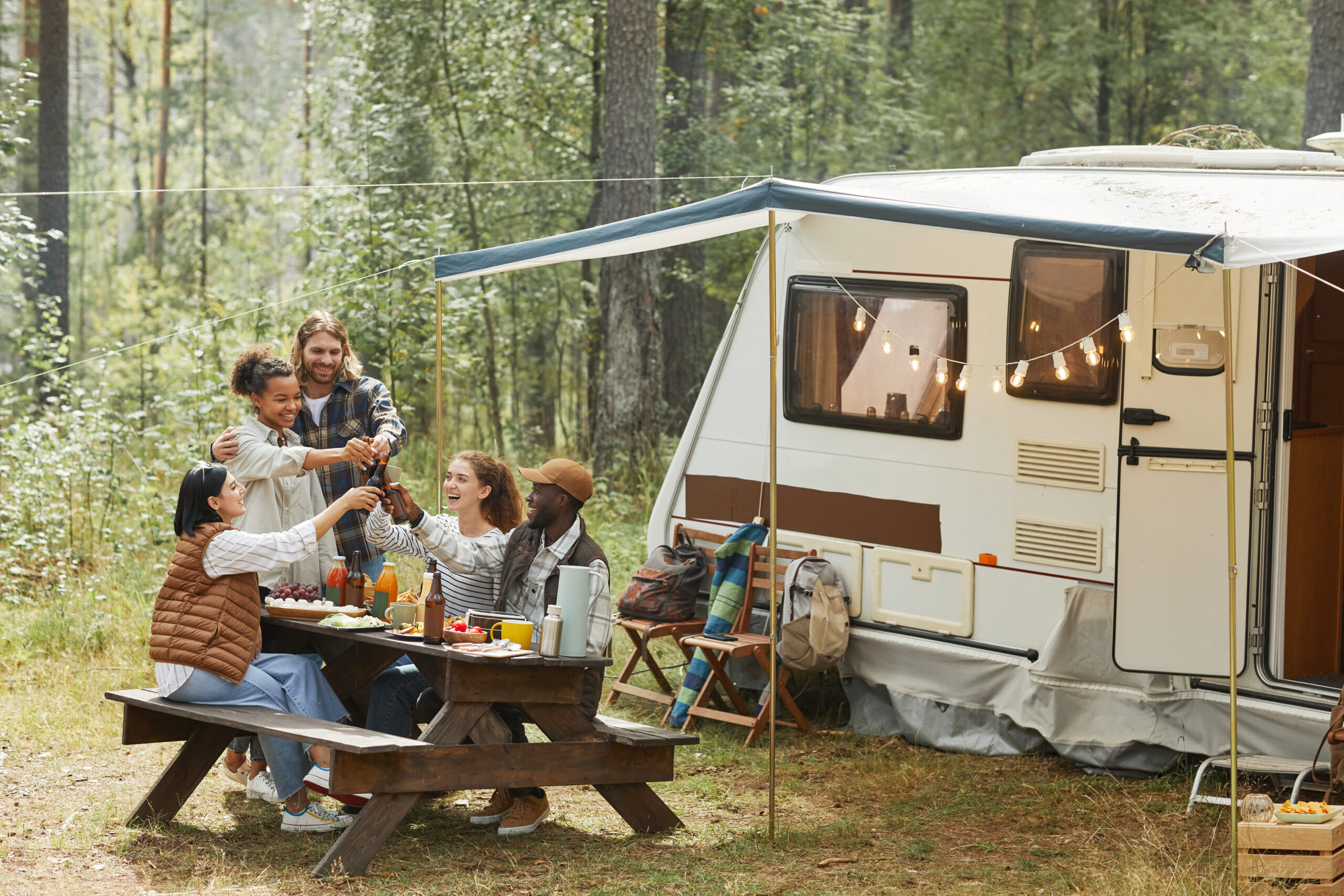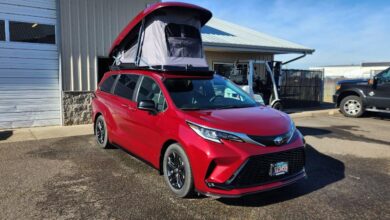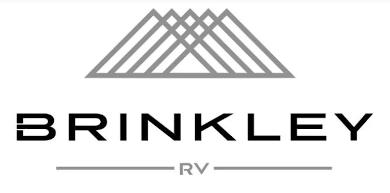Nat Geo: A Look Inside the Growing Black RV Camping Movement
 Photo credit: Seventyfour - stock.adobe.com
Photo credit: Seventyfour - stock.adobe.comThe following is a report from National Geographic.
The number of Black campers in America has doubled in less than a decade, with some community groups teaming up to share resources about safe spaces in the outdoors.
Toyin Ajayi was 37 when she packed up her camper and permanently left her apartment in Sandy Springs, Georgia. She’s visited 24 states in the last three years with no plans to return to a more stationary life.
“There is a sense of mental freedom. For me, being able to spend more time in nature. I pay attention to the stars more or the animals and things like that. There’s definitely different kinds of freedom that I’ve found from my personal journey–– emotional freedom, spiritual freedom, all of it,” Ajayi says.
Even as a solo RV camper, Ajayi knows she’s not alone in the movement to spend more time on the open road. She’s seeing more Black women and younger people join her as full-time RVers.
Ajayi started a Facebook group for Black women interested in the outdoors. It grew so fast; she developed it into a website. Now more than 8,000 members on Outdoorsy Black Women connect online to recommend campsites, get together on trips and share RV tips.
Data from the RV Industry Association shows that RV owner demographics are becoming younger and more diverse. Even though the median age of RV owners is 53, the median age of first-time RV buyers in 2020 dropped to 41, then dropped again two years later to 32.
According to Kampgrounds of America (KOA), the number of Black campers has doubled in less than 10 years, and now accounts for 11% of the U.S. camping community.
“I think the van life movement changed the trajectory for the RV life movement. They’re intertwined at this point because everybody knows van life, but it all falls under the umbrella that’s nomadic living,” Ajayi says.
A list of Black-owned campsites is one of the biggest resources she shares with members of Outdoorsy Black Women. Other Black camper community groups crowdsource similar directories, which emphasizes the need for safe spaces in the outdoors. Although these crowdsourced lists are openly shared with community members, they are tightly guarded from outside interference to protect the peace and safety of both campsite owners and their Black patrons.
Ajayi calls these listings the Green Book of Black campers, and says they’re imperative, especially during intense political cycles such as the 2024 presidential race.
Read the full report from National Geographic here.


